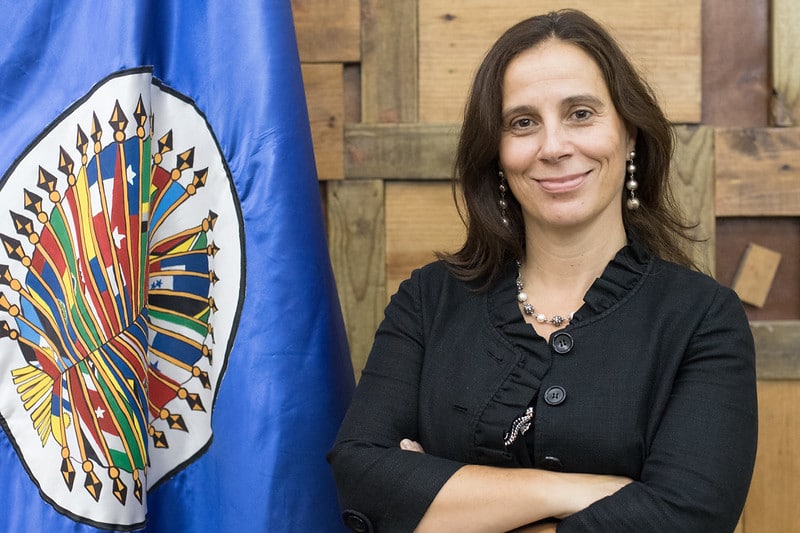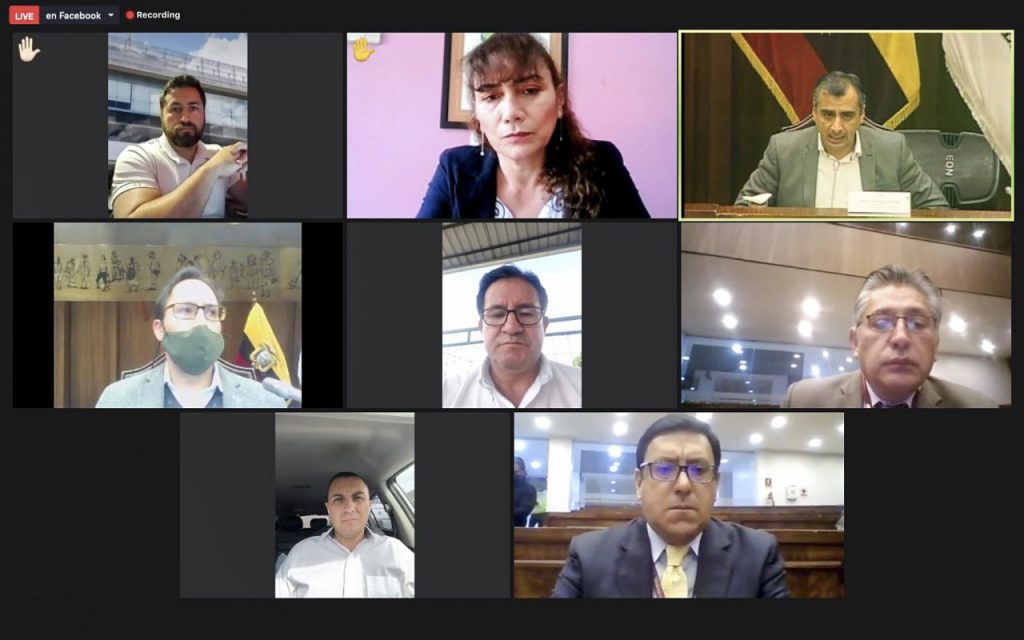▲ At the Tecámac facilities, Birmex experts explained the process by which hyperimmune equine serum is obtained to treat Covid-19.Photo María Luisa Severiano
Carolina Gomez Mena
Sent
La Jornada newspaper
Sunday, October 31, 2021, p. 4
Tecámac, Mex., Capricious, Jealous and Vain They are part of the group of horses used in the antibody production program to treat patients with medium to severe Covid-19. Last Tuesday they were inoculated with coronavirus fractions, in search of that goal.
In countries like Argentina, this technique to generate passive immunity
has managed to reduce up to 40 percent mortality
complicated cases, commented to The Day Carlos Ortega Sánchez, head of the Hyperimmune Plasma Production Unit of the Biological and Reagent Laboratories of Mexico (Birmex). He specified that after the preclinical and clinical phases, Mexico could have a treatment that can be used to combat infections caused by the various variants of the coronavirus.
He clarified that this mechanism does not operate like vaccines, which induce active immunity, for which he emphasized that the inoculation of equine serum will not replace the application of anti-Covid biologics.
“When a person generates antibodies through their own mechanisms, as in the case of a vaccine, it is active immunity, and that immunity has different levels of validity, so that when the agent enters again we have a more vigorous response, and in this case with prefabricated antibodies in another person or in another individual (in this case horses), and applied to the person, they do not remain, they will degenerate and at some point they will be eliminated, so an anti-Covid vaccine is required to make an active immunity.
“What we apply to horses is a fraction of the virus coat. It is the segment that recognizes the cellular receptor. Our cells have receptors, which when the virus comes, locates this section, and introduces it. We inoculated them with the receptor binding domain, RBD (Receptor Binding Domain).
In this way, the virus infection occurs, it replicates, and causes us all the signs that we already know. But if this section of the virus is blocked by antibodies, the cellular receptor cannot take it, and it cannot introduce it. This is how the chain of infection is broken
In a person.
Antonio Sánchez, manager of Bacterial Research and Development at Birmex and technical manager of the project, specified that the plasma obtained from equines is transferred to the National Institute of Hygiene, where we process it to purify it, until obtaining the pure bulk
, that is, only the antibodies, to carry out the preclinical tests (in animals, hamsters or ferrets, which are susceptible to being infected with the coronavirus), and later the clinical tests (in humans).
He considered that if all goes well, probably in the second half of 2022 emergency use could be obtained by Cofepris, but he recalled that there are investigations that are being carried out. they fall
in the clinical phases, so it is necessary to be cautious in these forecasts.
During a visit to the Hyperimmune Plasma Production Unit, he indicated that in mid-November, veterinarians will carry out the harvest
blood of the three mares. Monday to his equine companions, Masimo and Cayetano, inoculated in September, was harvested
blood.
On average, it is feasible to extract from them between eight and 10 liters of blood in a donation
. Since the antibodies are in the plasma, they are separated by sedimentation of the erythrocytes, which are returned to the horses, thus avoiding any possibility of their developing anemia.
The harvests
can be carried out five times a year, since the animals must have a few months (two) of rest from the process, and also after harvests we apply a series of drugs to prevent anemia processes: B complex, iron and metabolism stimulants
.
In Birmex there is a interdisciplinary institutional committee for the care of laboratory animals made up of veterinarians, chemists and biologists, and we ensure that all animal populations are treated with due respect and have sufficient comfort
.















